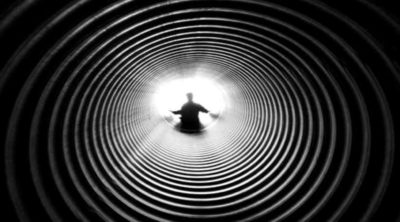
‘Space sailors’ is the term that accurately defines an astronaut. Since the 1950s they have been inspiring and intriguing professionals. This article will give you some facts about their profession, and also shed some light on their salary.
Being an astronaut is the ultimate aim of many people around the world. To get a chance to be aboard a spacecraft, and be exploring space is something that not many individuals can easily pass up. Since the time we are kids, many of us have an unwavering desire to explore space. The sea of knowledge that lies in astronomy has always inspired a great amount of curiosity, and intrigue in our minds.
To choose it as a real profession is a privilege that not many people get blessed with. Becoming an astronaut leads us to two questions about the profession, the educational qualifications required and their compensation package. The educational qualifications are crucial, as it is a highly advanced and technological profession.
Duties
Any person who has been trained to operate or work on a spacecraft is an astronaut. Most commonly, they are hired by the Government to carry out their space research programs. However, off late, many private firms are also venturing into the space exploration realm. These professionals are looked up to all over the world, and there is adequate reasoning behind this. They go through years of grueling practice and training routines, are at the peak of physical fitness, have excellent endurance, and possess excellent levels of intelligence.
The following are the generally seen and performed duties of an astronaut. The actual job could require a lot more minor tasks to be performed as well, but these are the activities one generally carries out.
- Piloting the spaceship.
- Carrying out any repairs on the equipment.
- Observing any activities in outer space.
- Conducting experiments on the spacecraft.
- Commanding other members of the crew.
- Making detailed reports of any strange phenomena seen or observed in the Solar System.
- Gathering information and data.
As you can see, their overall duties are very interesting and exciting. To be handed the task of exploring space and reporting about the happenings there, is almost a dream job for most people.
Educational Qualifications
Every person on the spacecraft is given certain fixed duties to perform. Based on the jobs to be performed, there are four basic types of astronauts – the commander, the pilot, the mission specialist, and the pay load specialist. Here are the basic requirements for an astronaut pilot, mission specialist, and pay load specialist.
- A bachelor’s degree from a reputable and accredited institution in engineering, biological science, physical science, or mathematics. An advanced degree is optional, but desirable.
- In case of applying for the position of a pilot, the candidate must have at least 1000 hours pilot-in-command time in a jet aircraft. Flight test experience is highly recommended as well.
- In the case of a mission specialist, the bachelor’s degree must be followed by at least three years of related professional experience. An advanced degree can compensate for the lack of professional experience though.
- All astronauts need to pass a NASA space physical exam which requires their distance visual acuity to be 20/200 or better uncorrected, correctable to 20/20 for each eye; and their blood pressure to be 140/90 when measured in a sitting position.
Average Salary
The educational requirements are very complex, and their duties are also highly dangerous. As a result, they need to be compensated for this risk. Being highly specialized and elitist in a certain field compulsorily requires a high level of payment.
The salaries for civilian astronauts are derived from the Federal Government’s General Schedule pay scale for the grades GS-11 through to GS-14. An individual’s professional experience and academic achievements decide which scale comes into play. A GS-11 pay scale starts at $59,500 annually, and the GS-14 goes up to $130,000 annually. Strictly speaking, this is the salary that can be expected in case of civilian programs. Military astronauts are detailed to the Johnson Space Center, Houston and as far as their pay, benefits, and leaves are concerned, they are considered to be in an active duty status. Hence, the average salary of an astronaut serving the military is decided by the military alone.


